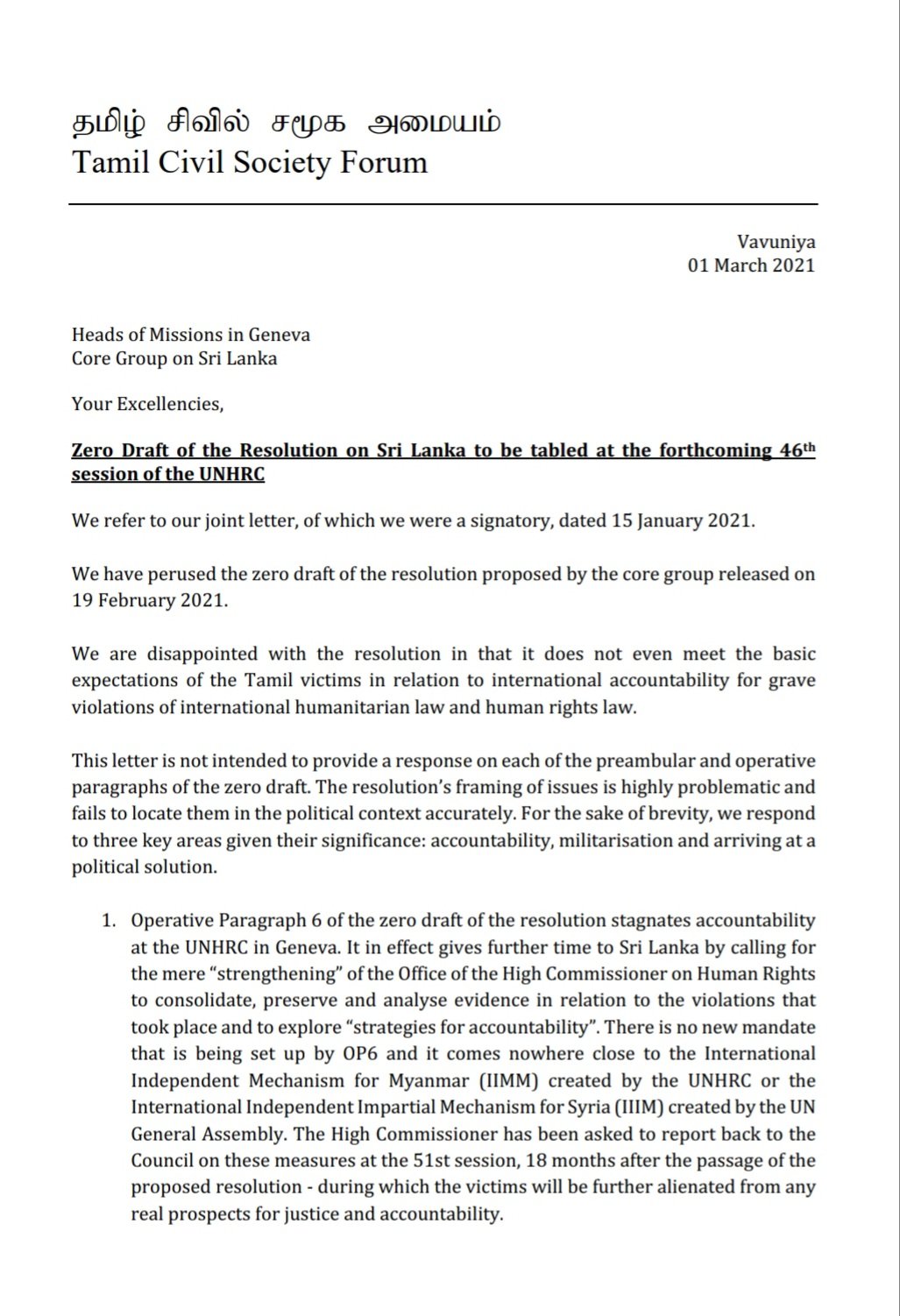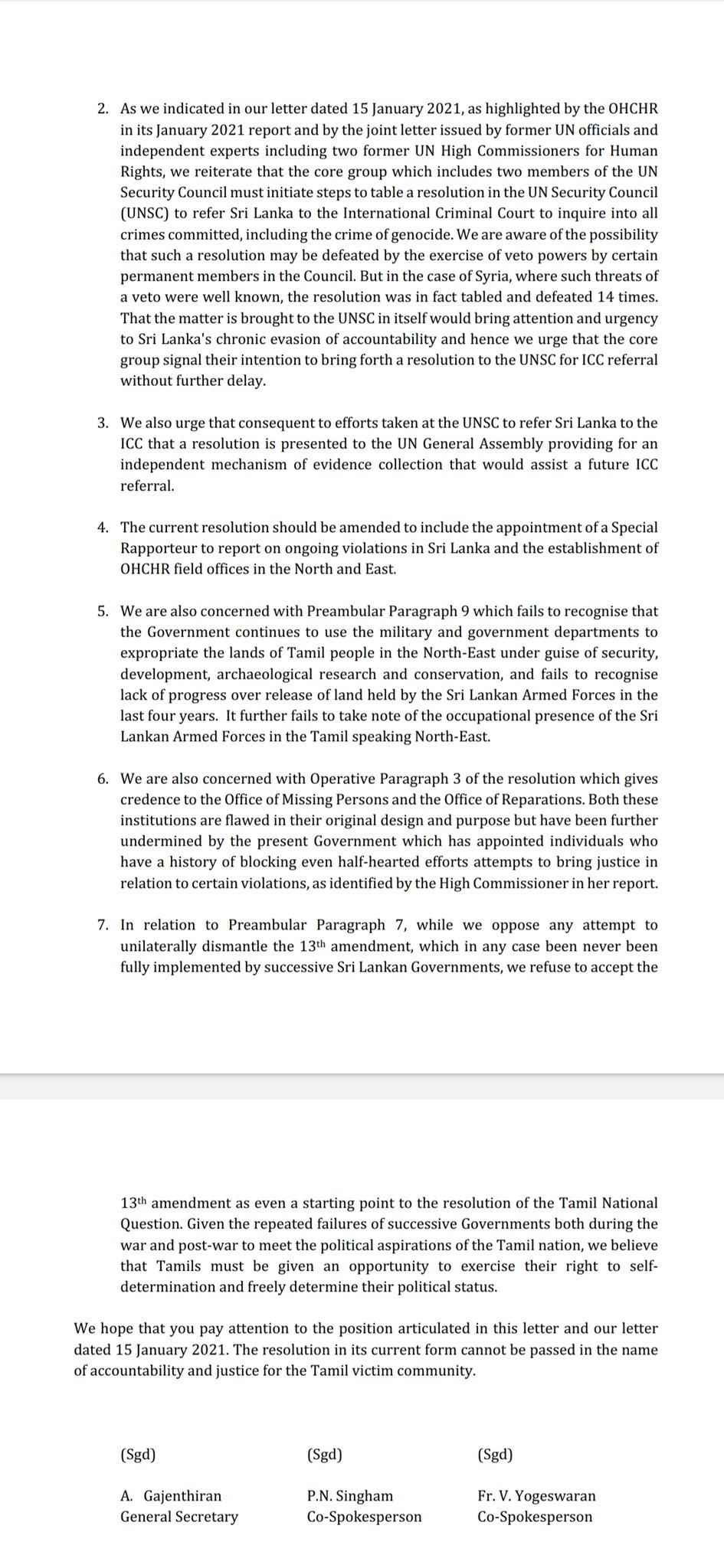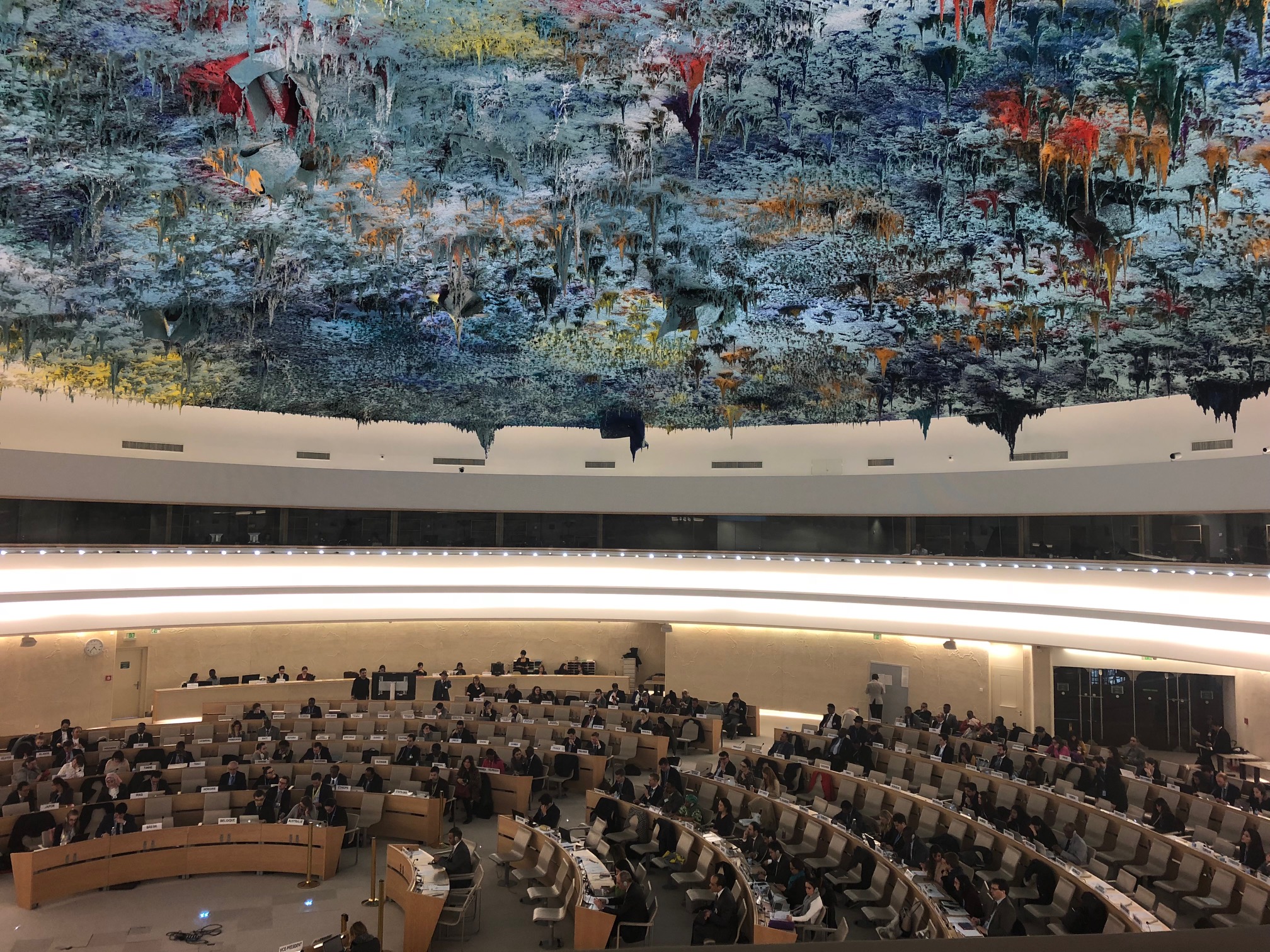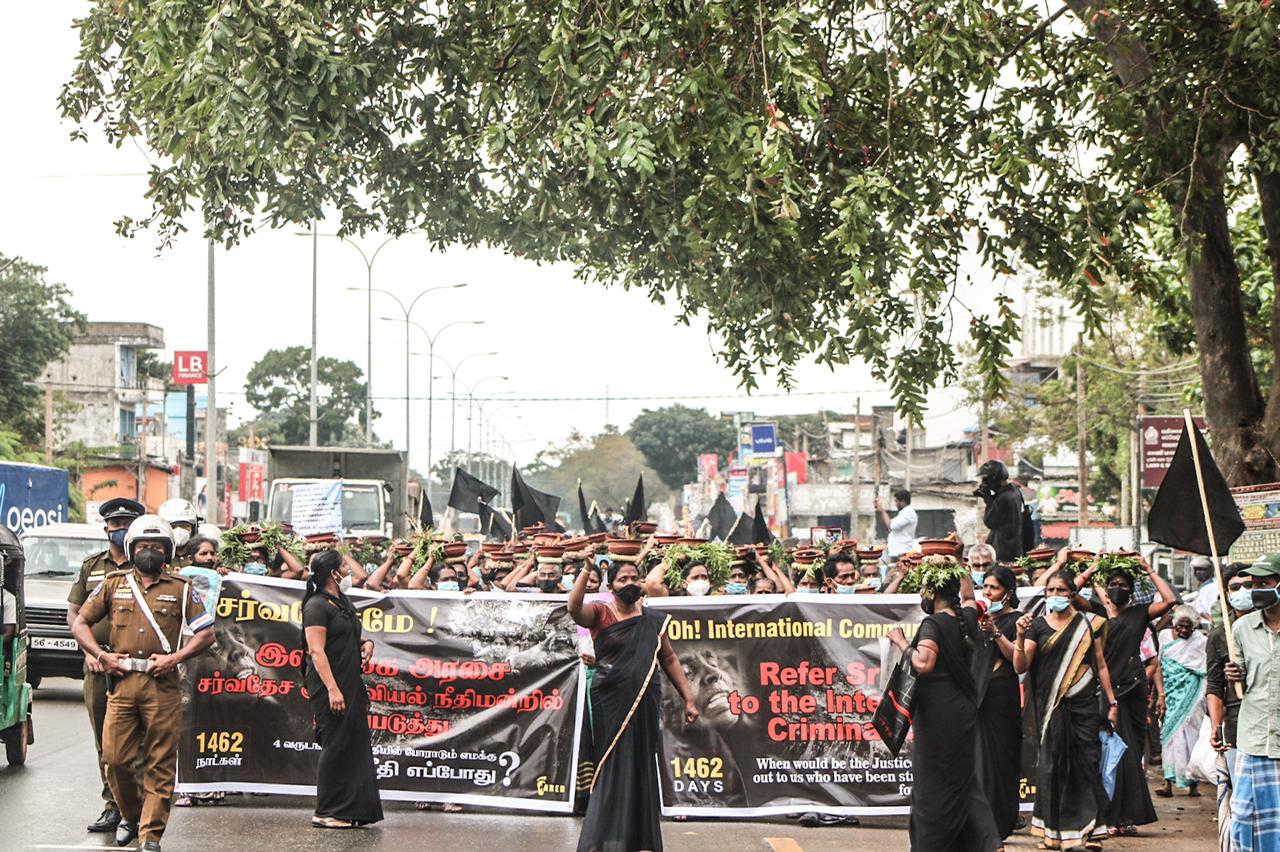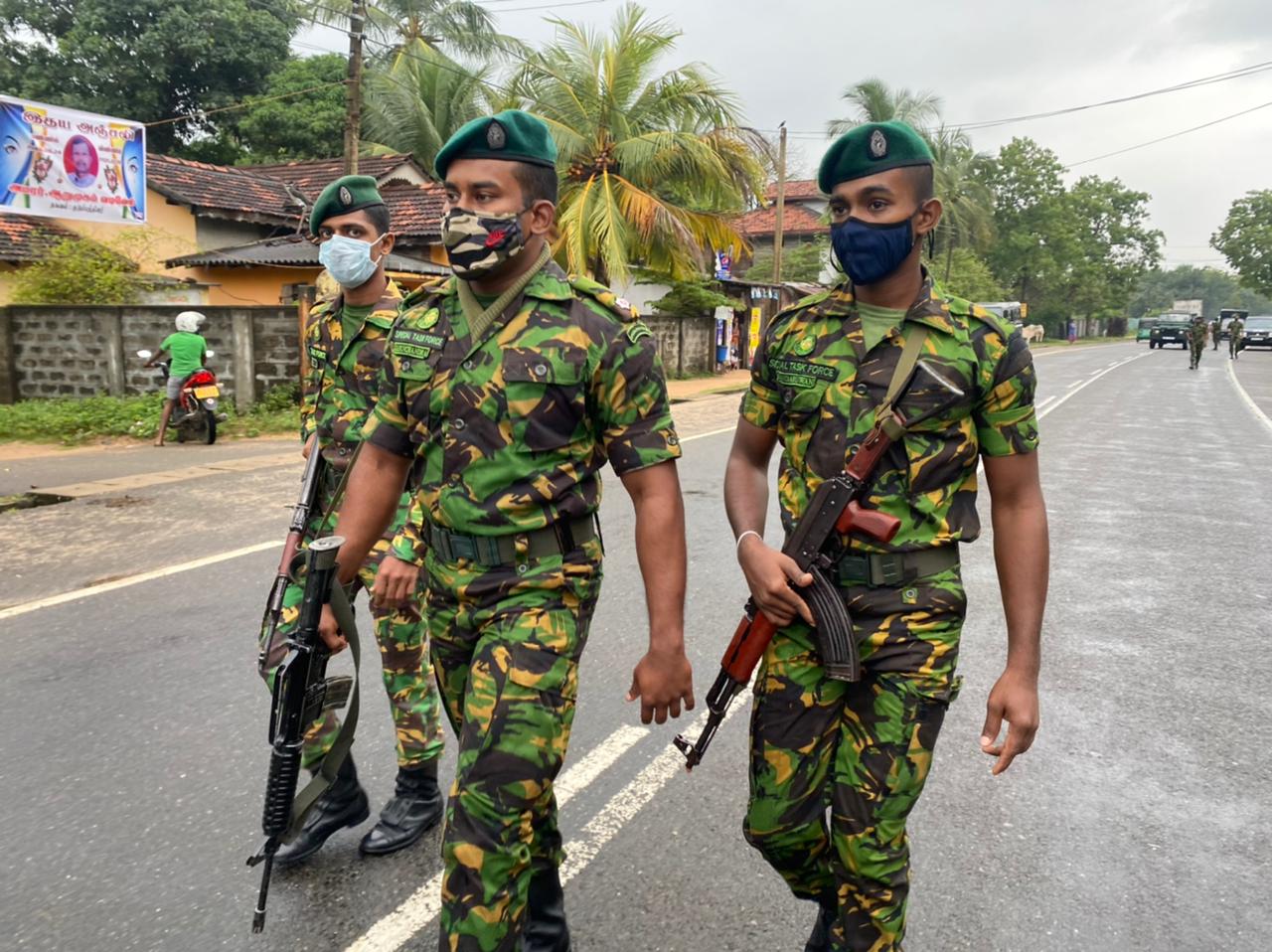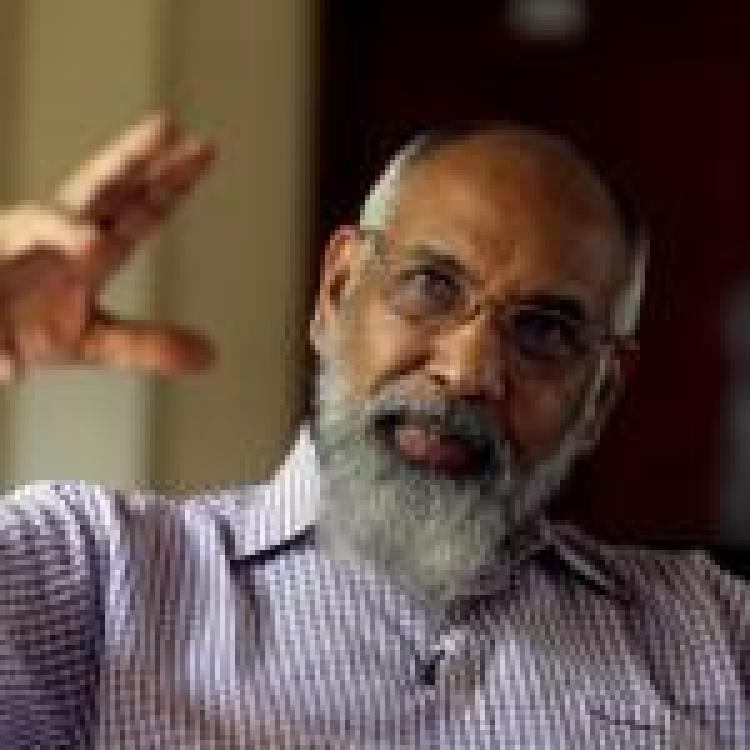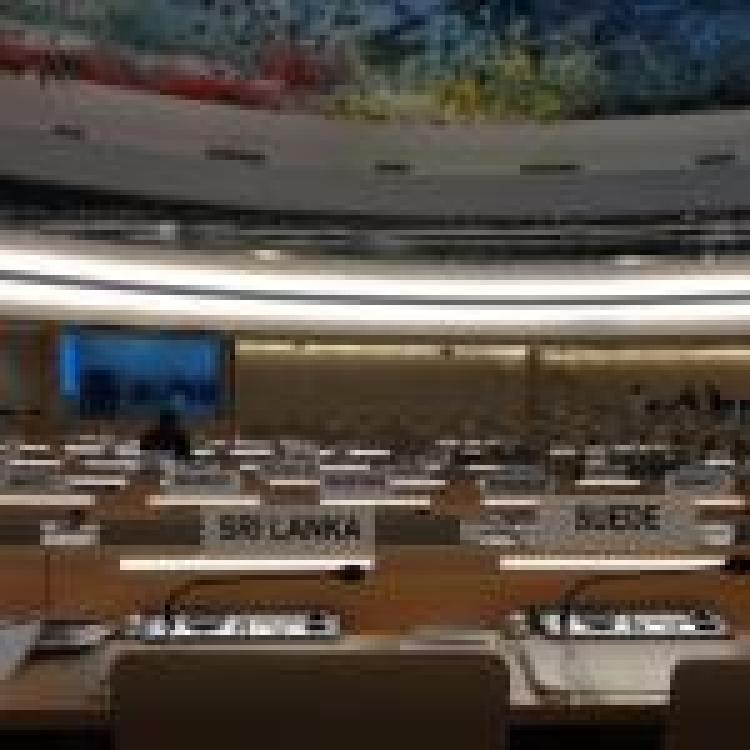The Tamil Civil Society Forum (TCSF) expressed their disappointment with the draft resolution by the Core Group on Sri Lanka for failing to "even meet the basic expectations of the Tamil victims" in pursuing international accountability for war crimes committed by Sri Lanka.
"The resolution's framing of issues is highly problematic and fails to locate them in the political context accurately," the TCSF wrote in a letter in response to the draft resolution proposed by the Core Group ahead of the 46th session at the United Nations Human Rights Council (UNHRC).
The resolution has been criticised for falling short of the UN High Commissioner, Michelle Bachelet's recommendations who called on member states to consider asset freezes and travel bans on Sri Lankan officials accused of human rights abuses as well as referring Sri Lanka to the International Criminal Court (ICC).
Accountability
TCSF highlighted that the Core Group's request to the Office of the High Commissioner of Human Rights (OHCHR) to enhance its monitoring and reporting on the human rights situation in Sri Lanka, "stagnates accountability at the UNHRC in Geneva" and added that "victims will be further alienated from any real prospects for justice and accountability" if the process is delayed for a further 18 months.
In January, the TCSF co-signed a statement alongside other Tamil civil society organisations, Tamil politicians and Tamil victim community leaders, which called on Core Group member states to refer Sri Lanka to the ICC and to set up an International Independent Investigatory Mechanism (IIIM).
"We reiterate that the Core Group which includes two members of the UN Security Council (UNSC) must initiate steps to table a resolution in the UNSC to refer Sri Lanka to the ICC to inquire into all crimes committed, including the crime of genocide," the TCSF wrote. Referring Sri Lanka to the ICC would "bring attention and urgency to Sri Lanka's chronic evasion of accountability," the letter added.
The letter urges member states to present a resolution to the UN General Assembly "for an independent mechanism of evidence collection that would assist a future ICC referral." TCSF have also called on the Core Group to amend the draft resolution to include the appointment of a Special Rapporteur to report on ongoing violations in Sri Lanka as well as establishing OHCHR offices in the North-East to monitor the situation.
Militarisation
The TCSF drew attention to the resolution's failure to mention the ongoing occupation of the Tamil speaking North-East by Sri Lanka's armed forces and it's role to "expropriate the lands of Tamil people in the North-East under guise of security, development, archaeological research and conservation."
In addition, the TCSF noted that the resolution does not acknowledge Sri Lanka's failure to release lands belonging to Tamil people, which is currently being held by Sri Lankan armed forces.
Political solution
The draft resolution calls on the Sri Lankan government to respect local governance, including holding elections of provincial councils and to ensure their effective operation in accordance with the 13th Amendment. The TCSF said it refuses to accept the amendment "even as a starting point" to the Tamil national question and stated that Tamils "must be given an opportunity to exercise their right to self-determination and freely determine their political status."
Last week at the UNHRC, the Core Group, the EU, Australia, and Switzerland alongside a number of other countries voiced concern over the worsening human rights situation in Sri Lanka. Russia, North Korea, Syria, Iran, Pakistan, and China, among others, alleged faith in Sri Lanka’s domestic mechanisms and accused the UN report baseless allegations. Ahead of the session, Sri Lanka vowed to reject any resolution that is presented.
See the full letter below:
